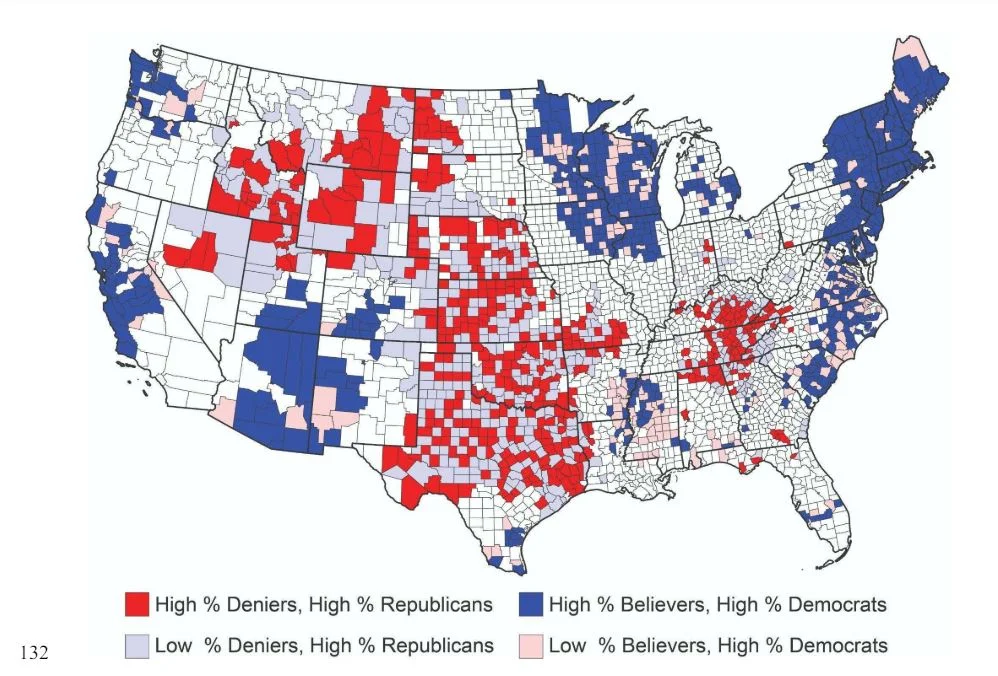Hurricanes are becoming more frequent and more intense, and the scientific consensus links this trend to climate change. Extreme weather events, such as Hurricane Helene, are pushing even the most skeptical to reconsider their views on climate change, as the impacts are increasingly hard to ignore.
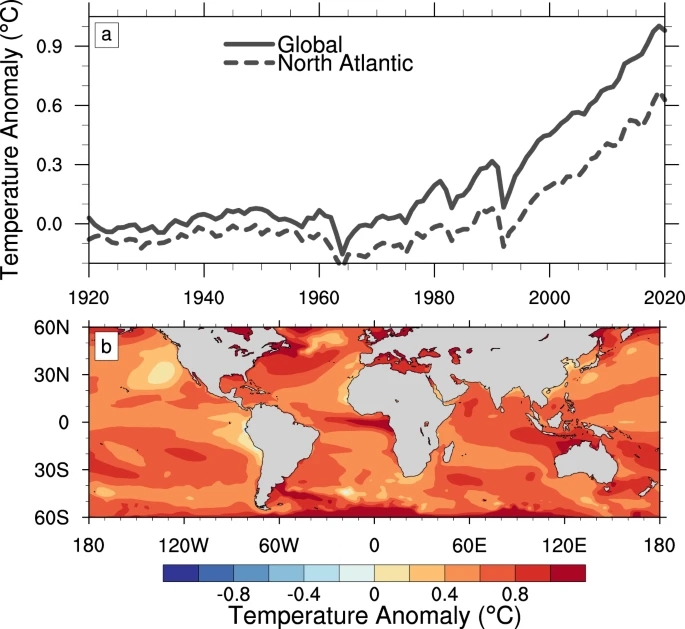
The connection between climate change and hurricanes is well-documented by scientific research. Warmer ocean temperatures, driven by global warming, provide more energy for storms to develop and intensify. According to the National Oceanic and Atmospheric Administration (NOAA), hurricanes are becoming stronger due to the warming climate, particularly in the Atlantic, where storms like Helene originate. Studies have shown that global temperatures have risen by more than 1°C since the late 19th century, driving more intense weather patterns. The Intergovernmental Panel on Climate Change (IPCC) highlighted that human-induced climate change is leading to more severe tropical cyclones, higher rainfall, and greater coastal flooding.
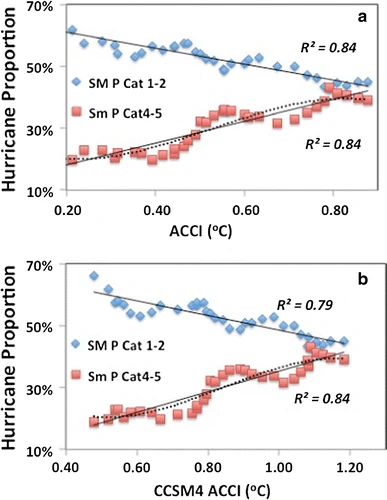
Hurricane Helene, which struck during the 2024 Atlantic hurricane season, is a prime example of how powerful storms have become. Helene rapidly intensified into a major hurricane due to unusually warm waters in the Atlantic, a direct result of climate change. NOAA reported that ocean surface temperatures were nearly 1.5°C higher than average, creating the conditions necessary for rapid storm intensification. This phenomenon of rapid intensification—where a hurricane strengthens significantly in a short period—has become more common as the climate warms. Helene’s explosive growth into a Category 4 hurricane follows similar patterns seen in past hurricanes like Harvey, Laura, and Ida, all fueled by warmer waters.
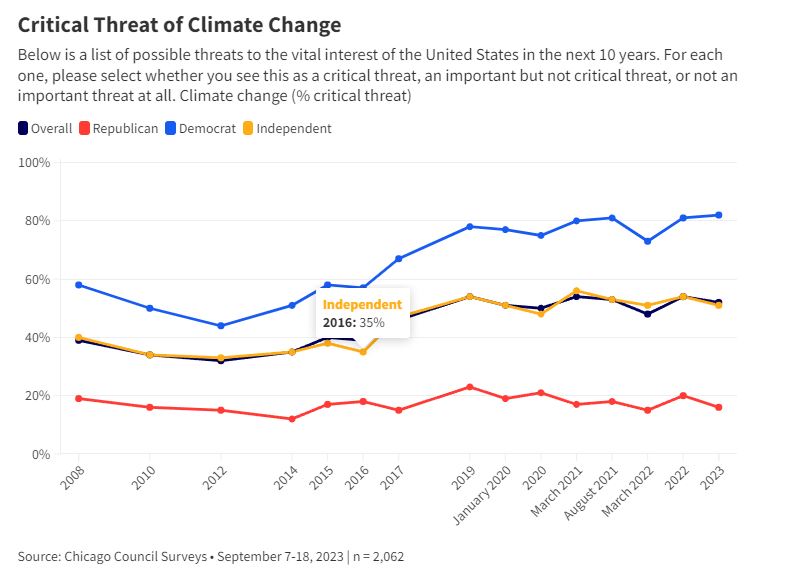
As extreme weather events become more frequent and destructive, public opinion on climate change is gradually shifting. According to a 2023 survey by the Yale Program on Climate Change Communication, more Americans are acknowledging the reality of climate change, with 72% agreeing that global warming is happening—up from 63% a decade ago. Coastal communities, particularly in hurricane-prone regions like the Gulf Coast and Southeastern U.S., are seeing the effects firsthand. Many residents are grappling with repeated flooding, storm surges, and displacement, leaving little room to deny the reality of climate change. These personal experiences are helping to change minds in areas where skepticism was once common.
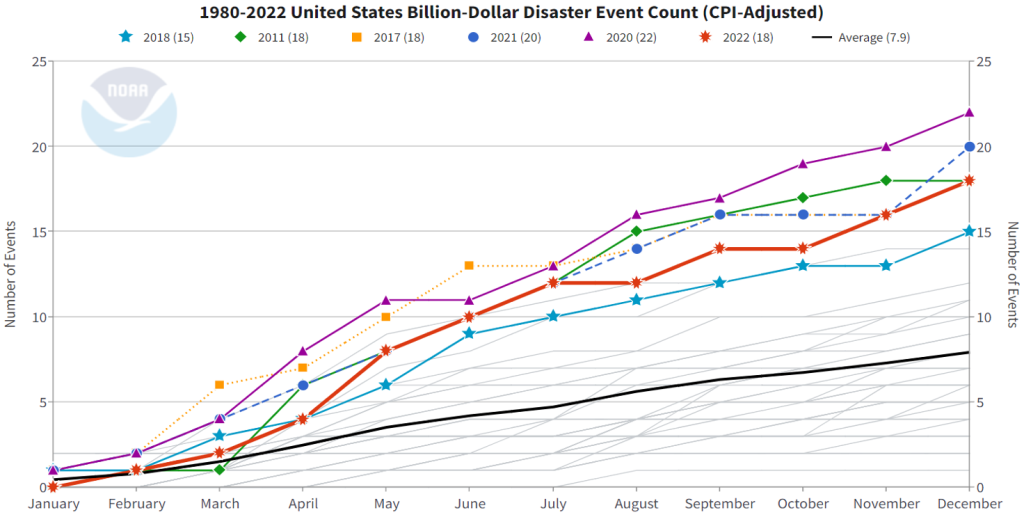
The financial toll of hurricanes has surged in recent years. NOAA reported over $100 billion in damages from hurricanes in 2023 alone, with the final figures for Hurricane Helene still being calculated. As insurance premiums rise and recovery costs increase, more people are beginning to recognize the direct economic consequences of ignoring climate change. A 2023 study from the Center for Climate and Energy Solutions revealed that the average cost of hurricane damage in the U.S. has doubled since the 1990s, driven by stronger and more frequent storms. This trend is expected to worsen as ocean temperatures continue to rise, fueling more intense hurricanes in the coming decades.
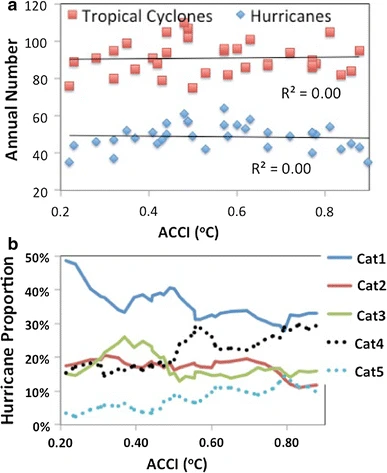
Scientists overwhelmingly agree that human-caused climate change is exacerbating hurricanes. A 2021 study published in Science found that the likelihood of Category 4 and 5 hurricanes has increased by about 20% due to rising ocean temperatures. The same study warned that, if greenhouse gas emissions continue at current levels, the number of intense storms will keep increasing. Additionally, research from the American Meteorological Society shows that hurricanes are producing more rainfall due to warmer air holding more moisture. This was evident in Hurricane Helene, which brought record rainfall and widespread flooding to several regions.

Governments are beginning to respond to the growing threat posed by climate-fueled hurricanes, though the pace of adaptation is slow. In states like Florida and Texas, which are frequently hit by hurricanes, stricter building codes have been enacted to improve resilience. On the federal level, the Biden administration’s climate policy includes provisions for upgrading infrastructure to better withstand severe weather, particularly in coastal communities. However, many vulnerable areas lack the resources or political will to invest in the necessary changes. According to a 2022 report from the National Institute of Building Sciences, every dollar spent on disaster mitigation saves six dollars in recovery costs, yet many areas continue to underinvest in preparation.
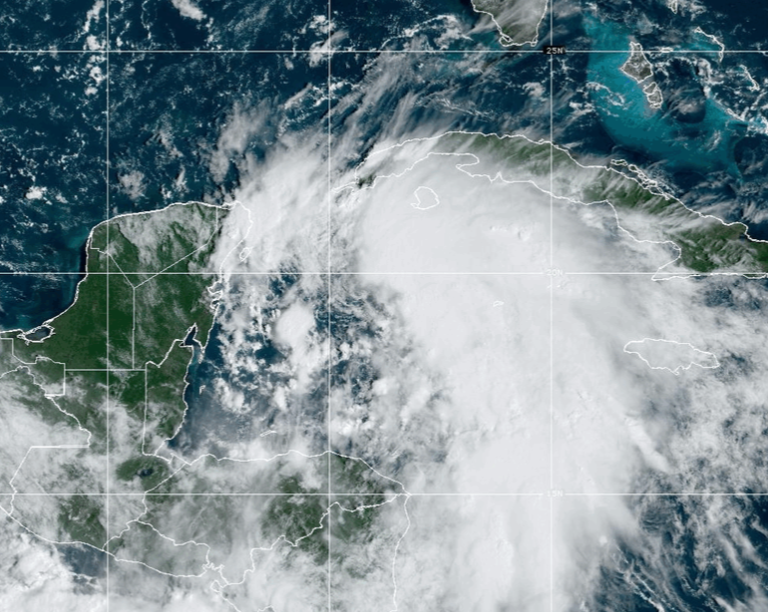
Hurricanes like Helene are serving as a stark reminder of the real-world consequences of climate change. As storms grow more intense, more people are recognizing the link between human activity and global warming. Coastal communities, once skeptical of climate change, are now experiencing its effects firsthand. For scientists, policymakers, and citizens, the evidence is clear: climate change is here, and hurricanes like Helene are proof of its growing impact. The shift in public perception, particularly in regions frequently hit by severe storms, underscores the urgent need for climate action before the human and economic costs become even greater.


